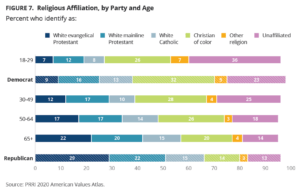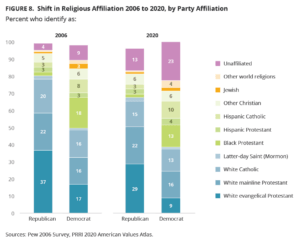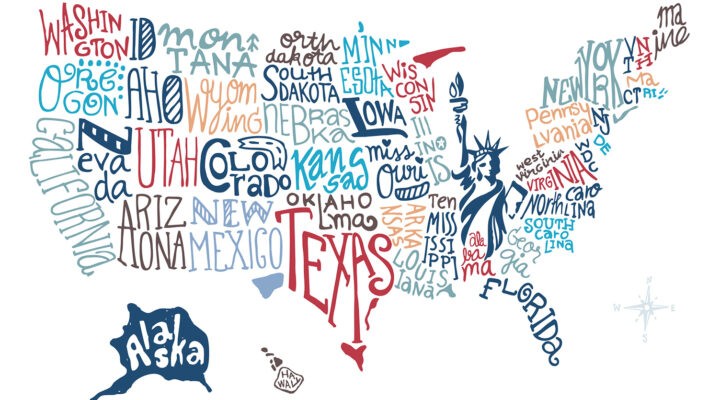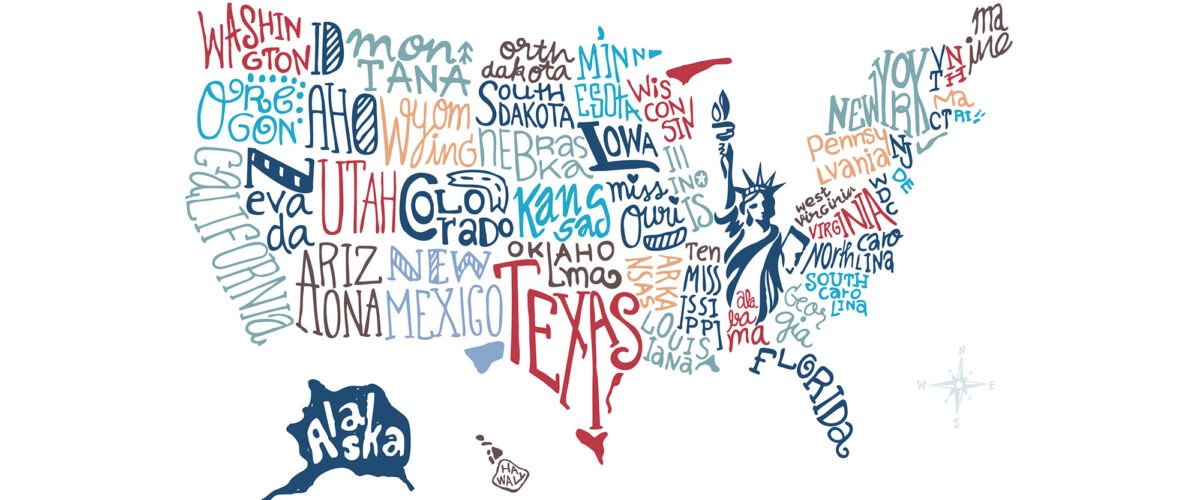America’s shifting demographics portend doom for the modern-day philosophy of the Republican Party, according to a leading social researcher. But democracy still could be “doomed” while waiting for those demographic shifts, according to a national columnist reflecting on the data.
For at least three decades, demographers have predicted — accurately — the changing racial and ethnic makeup of the nation as it heads toward a day when no single race holds a majority. The same demographers have predicted seismic shifts in political and social views because of these changes — as the emerging younger generation becomes more socially liberal and less traditionally religious.
That political change has been slower to take effect, though, for several reasons, including the uneven distribution of younger and more diverse populations in major metro areas but not in rural and small-town America. That also plays out in the makeup of the U.S. Senate, for example, which is based on a two-per-state formula that gives equal weight to smaller and more rural states and larger, more urban states.

Robert P. Jones (Photo by Noah Willman)
Robert P. Jones, founder of Public Religion Research Institute, is interested in the intersection of these political and social trends with corresponding trends in religion.
Jones recently was interviewed by columnist Jennifer Rubin of the Washington Post. The opinion piece in which she quotes him is headlined: “The Trend Against Religious Affiliation is a Grave Threat to the GOP. But Don’t Count on It to Save Democracy.”
Rubin particularly asked Jones to comment on the latest national data from Pew Research that shows nearly a third of the adult population now identifies as a “none” when asked their religious affiliation. At the same time, the share of the population that identifies as white evangelical Christian — the largest base of today’s Republican Party — continues to shrink.
“In terms of politics, these shifting religious demographics promise to disproportionately and negatively impact the future prospects of the Republican Party,” Jones said.

“According to PRRI’s 2020 Atlas of American Religion, only about one in 10 (13%) Republicans identify as religiously unaffiliated, compared to about a quarter (23%) of Democrats. Conversely — even as the number of white Christians in the country has dropped from 54% in 2008 to 44% today — more than two-thirds of Republicans continue to identify as white and Christian, compared to only four in 10 among Democrats.”
Jones then gave a blunt assessment of the two major political parties and how they are responding to these changes: “As the country’s religious and racial demographics have shifted, particularly over the last decade, the Democratic Party has changed with the times, while the Republican Party remains rooted in the past. To put this starkly, in terms of their religious and racial composition, the Democratic Party mirrors 30-year-old America, while the Republican Party mirrors 70-year-old America.”
Republican leaders understand this reality, Jones added. “Seen against this backdrop, the temptation to abandon democratic principles for short-term political gains is powerful. These dynamics are one of the chief drivers not only of the MAGA appeals to nostalgia for a 1950s-era white Christian America but also for the heavy-handed tactics of extreme gerrymandering, restrictive voting laws, voter suppression and the unfolding attempts to allow Republican-controlled state legislatures to throw out the results of fair elections.”
 The result, Jones said, is “a visceral, desperate attempt to retain a minority, white Christian rule against the rising tide of religious and demographic change.”
The result, Jones said, is “a visceral, desperate attempt to retain a minority, white Christian rule against the rising tide of religious and demographic change.”
Rubin added to the interpretation: “Rather than address this problem by expanding their appeal, white evangelical Republicans have panicked and doubled down on their politics of grievance and resentment. Their aim, it seems, is to attract every white evangelical they can find and disable the votes of everyone else.”
But given the threats of Trumpism and its attempts to overthrow democratic norms — which almost came to shocking fruition in the aftermath of the 2020 presidential election — those who are waiting for the promised demographic change to save democracy should not be so sure they will succeed, Rubin added.
“Democrats and our democratic system cannot simply wait for the demographic wave to save the country from the authoritarian right,” she wrote. “Our democracy is in peril now, and the future of democracy in just the next few years is in doubt. Democrats have the numbers on their side, but they won’t have the votes or the counted votes if antidemocratic tactics succeed.
“So long as Republicans make it harder for Democratic voters to cast ballots and booby-trap election administration, white evangelicals’ antagonism toward democracy and diversity will retain, if not expand, their disproportionate power. Refusal to address this issue directly advantages the pro-authoritarian right and erodes the concept of democracy. Whenever the minority abuses the system in order to enhance its power, voters will find the government increasingly out of sync with their views, values and concerns.”
Related articles:
Americans growing less religious and more strictly religious at the same time | Analysis by Mark Wingfield
Ryan Burge sifts the data to paint an evolving portrait of the ‘nones’


